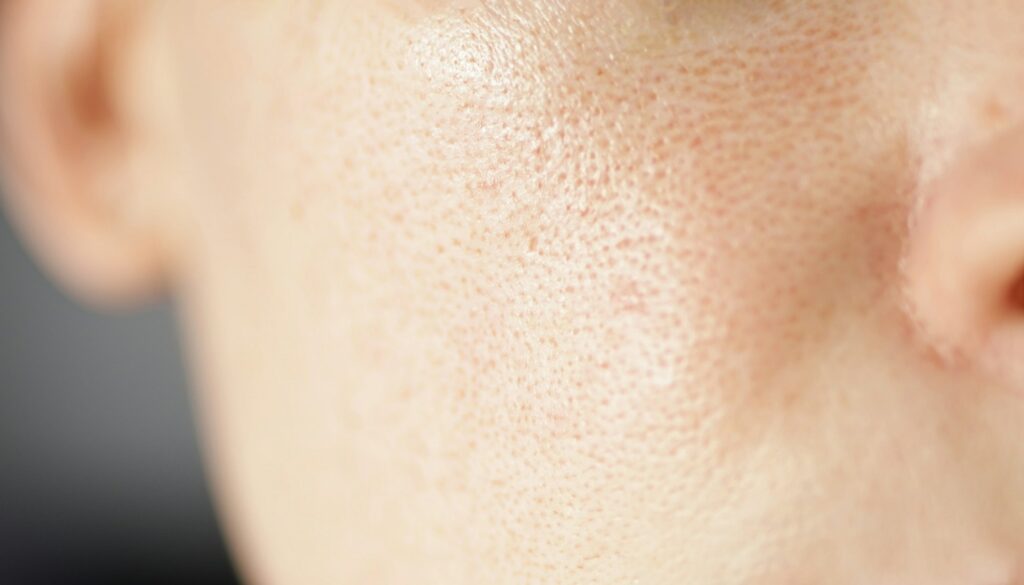The Fact About benzoyl peroxide irritation That No One Is Suggesting
The Fact About benzoyl peroxide irritation That No One Is Suggesting
Blog Article

Allergic Response to Acne Medication
Acne is a common skin affliction that affects an incredible number of people today worldwide. While there are a lot of treatment options accessible, starting from around-the-counter creams to prescription medicines, not all solutions are suited for everyone. One particular significant issue could be the possible for an allergic response to acne medication. This article will discover what an allergic reaction to acne medication entails, the signs and symptoms to watch out for, and how to regulate and prevent such reactions.
Understanding Allergic Reactions
An allergic response takes place once the immune method mistakenly identifies a harmless substance for a threat and responds by releasing chemicals like histamines. These chemical substances induce symptoms that may range from moderate to extreme. In regards to acne medication, the elements in these goods can occasionally induce an allergic reaction.
Popular Acne Prescription drugs
Right before diving into allergic reactions, it's important to understand the types of acne prescription drugs that are generally applied:
Benzoyl Peroxide: An around-the-counter remedy that kills microbes and dries out the skin. Salicylic Acid: A different over-the-counter option that assists to exfoliate the skin and unclog pores. Retinoids: Prescription medicines that advertise cell turnover and stop clogged pores. - Antibiotics: Equally topical and oral antibiotics is usually prescribed to reduce bacteria and inflammation.
Hormonal Therapies: Prescription drugs like start Management drugs that regulate hormones and reduce acne.
Indications of the Allergic Reaction to Acne Medication
Recognizing the signs and symptoms of an allergic reaction to acne medication is very important for well timed intervention. Indicators can vary according to the individual and the particular medication but generally involve:
Pores and skin Redness: Purple, inflamed pores and skin is a standard sign of an allergic reaction. Itching: Persistent itching can suggest an allergic response. Swelling: Swelling of the confront, lips, or tongue might be a serious symptom.Rash: A rash or hives may build about the skin. Issues Respiration: In extreme situations, an allergic reaction could cause trouble breathing, which requires speedy professional medical notice.
Case Studies and Studies
To higher realize the prevalence and impact of allergic reactions to acne medication, Let's take a look at some situation studies and stats:
Situation Analyze 1: Benzoyl Peroxide Allergy
A 17-12 months-aged female commenced employing a benzoyl peroxide-based acne remedy. Within just a couple of days, she observed significant redness and itching on her facial area. On consulting a dermatologist, she was diagnosed with an allergic response to benzoyl peroxide. She was advised to discontinue the medication and switch to a milder, non-allergenic treatment method.
Scenario Examine 2: Retinoid Reaction
A 22-year-old male was prescribed a retinoid product for intense acne. Following page a week of use, he produced a rash and swelling close to his eyes. His dermatologist confirmed an allergic response on the retinoid and advisable an alternative therapy strategy.
Studies
In keeping with a review revealed in the Journal of the American Academy of Dermatology, somewhere around 5-ten% of people working with topical acne treatment options encounter some method of allergic reaction. Even though most reactions are mild, about 1-2% of scenarios may be critical, demanding instant professional medical intervention.
Controlling Allergic Reactions
For those who suspect that you're enduring an allergic reaction to acne medication, It can be important to choose immediate motion:
Discontinue Use: Quit using the medication instantly. Consult a Health care Experienced: Search for assistance from a dermatologist or Health care company.Use Antihistamines: Above-the-counter antihistamines will help alleviate moderate signs or symptoms.Use Cold Compresses: Cold compresses can cut down swelling and itching.Look for Unexpected emergency Treatment: If you knowledge severe indicators like issue breathing, look for unexpected emergency health-related care straight away.
Avoiding Allergic Reactions
Avoidance is often much better than remedy. Here are a few guidelines that will help reduce allergic reactions to acne medication:
- Patch Test: Usually perform a patch test before employing a new acne medication. Implement a small quantity to a discreet place of pores and skin and wait around 24-48 several hours to view if any reaction occurs.
Study Labels: Cautiously read the ingredient record on acne drugs to determine opportunity allergens. Consult a Dermatologist: Before beginning any new remedy, consult with a dermatologist to make certain It is really ideal for the skin kind. Start Slowly and gradually: Introduce new medicines little by little to observe how the skin reacts. Use Hypoallergenic Products and solutions: Go for hypoallergenic acne treatment options which might be more unlikely to lead to allergic reactions.
Different Therapies
Should you have seasoned an allergic reaction to common acne drugs, you'll find option treatment plans offered:
Purely natural Cures: Components like tea tree oil, aloe vera, and honey have anti-inflammatory and antibacterial properties which can help address acne without having producing allergic reactions. Gentle Therapy: Blue light therapy can kill acne-triggering microbes without the use of chemical compounds. Dietary Adjustments: Often, dietary modifications can assist regulate acne. Reducing sugar and dairy consumption has been demonstrated to further improve pores and skin health in some people.
Summary
Allergic reactions to acne medication might be distressing, but These are manageable with the proper knowledge and safety measures. By knowledge the indications, using quick motion, and consulting healthcare gurus, you may efficiently manage and stop allergic reactions. Normally execute patch checks, study labels, and talk to a dermatologist before beginning any new remedy. If regular acne medications will not be well suited for you, think about different solutions that are not as likely to cause allergic reactions. Your journey to distinct skin does not have to get hindered by allergic reactions; with the correct strategy, you will find a treatment method that works for you. Report this page